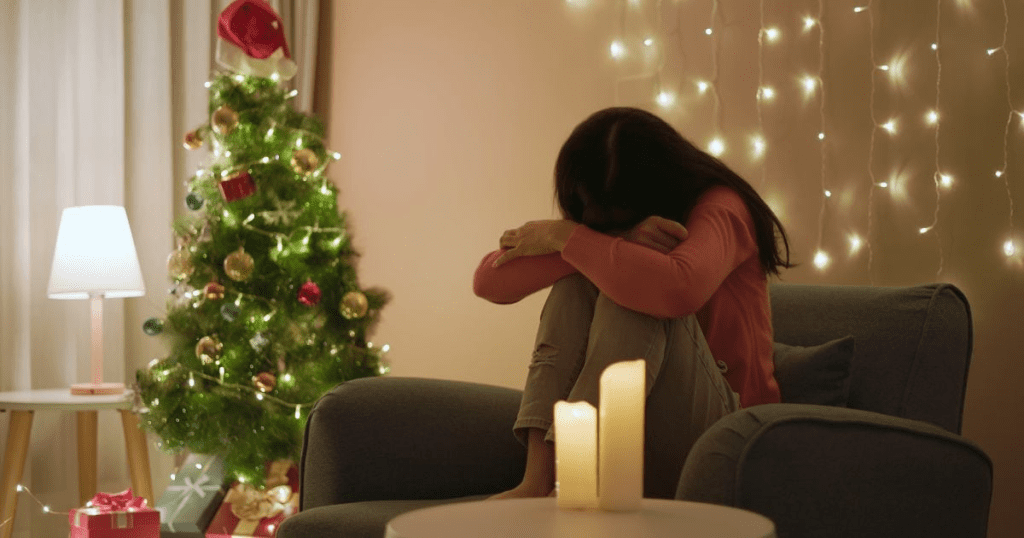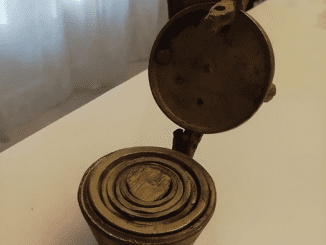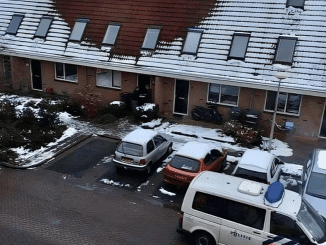No matter how prepared you think you are, nothing truly readies you for the emotional earthquake of losing a parent. It doesn’t matter if you’re 10, 40, or 70—when that anchor in your life disappears, your entire inner world shifts. It’s more than grief. It’s transformation. Slowly, and sometimes without you even realizing it, you become a different version of yourself.
This article isn’t about wrapping loss in clichés. It’s about the honest, sometimes painful truths of how life actually changes after a parent dies. Whether you were incredibly close or had a complicated relationship, their absence echoes through everything.
You Become More Anxious Than You Expected

Losing a parent has a sneaky way of shaking your sense of safety. Suddenly, the world feels less stable. You begin to worry more—about your health, your family, your own mortality. Little things that never fazed you before now feel overwhelming.
Research backs this up—grief from losing a parent can increase anxiety levels, depression, and even physical health issues. Your nervous system is on edge, and you may find yourself reacting more intensely to everyday stressors.
You Can’t Tolerate People Complaining About Their Parents
Let’s be honest—it’s hard to stay silent when someone whines about their mom’s texts or dad’s annoying habits. You’d give anything to hear that voice again, even if it was nagging you about leftovers or reminding you to take a jacket.
You start noticing how people take their parents for granted, and it stings. You want to shout, “You don’t know how lucky you are!” But instead, you nod and quietly ache for what’s gone.
Grief Doesn’t Just Hurt Emotionally—It Hits Your Body Too
Grief is physical. It settles into your bones, your chest, your gut. You might feel tired all the time, get sick more often, or even develop chronic issues. For many, the body carries the weight of loss in ways we don’t immediately connect to grief.
Video : The Pain of Losing a Parent 💔
Men, in particular, often experience a drop in well-being after losing a parent. The body remembers the hugs, the scent, the routines—and when those are gone, something shifts physically. Taking care of yourself during grief isn’t optional. It’s essential.
You Learn to Live With a Quiet Sadness
Grief isn’t something you “get over.” It becomes a part of you. Some days are heavy. Some days you laugh like everything is okay. And some days you feel both at once.
You begin to understand that healing doesn’t mean forgetting. It means learning to carry the sadness without letting it crush you. Eventually, the grief softens. It stays with you, but it doesn’t always sting.
Holidays and Special Days Feel Different—Sometimes Empty

Parents are often the heartbeat of family traditions. They’re the ones who made birthdays special, holidays warm, and Sunday dinners comforting. When they’re gone, those days lose their glow.
The first holidays without them can feel hollow. But over time, you’ll create new rituals—maybe in their honor, maybe with new meaning. It takes time, but joy can return, even if it’s quieter.
You See Their Flaws in a Different Light
It’s strange how clearly you see your parents once they’re gone. You remember their mistakes, their bad habits—but instead of judging, you start to understand. You recognize their humanity.
Maybe you forgive them for things you couldn’t when they were alive. Maybe you finally appreciate how hard they tried. Loss has a way of softening your view, helping you let go of resentment and hold on to love.
Your Emotions Become a Messy Mix
Grief isn’t just sadness. It’s a cocktail of emotions—anger, guilt, fear, confusion, relief, and love. Sometimes all at once.

You might feel guilty for things left unsaid. Angry that they didn’t stay longer. Numb when you expect to cry. Or surprisingly okay when you think you should fall apart. That’s normal. Emotions don’t follow rules. Give yourself permission to feel it all.
Your Relationship with Siblings May Change Drastically
Every family has its dynamics, but losing a parent shakes them up. Sometimes siblings grow closer, united by shared grief. Other times, old wounds resurface, and tensions rise.
You might fight over decisions or feel isolated from each other’s grief. But if you’re lucky, you’ll also find moments of connection—stories shared, hugs exchanged, and memories that bind you together.
You’ll Reach for the Phone Before You Remember
One of the hardest things is forgetting they’re gone for a split second. Maybe you get good news and instinctively reach for the phone. Maybe something funny happens, and your first thought is, “I have to tell Mom.”
Then it hits you—they’re not there to pick up. That realization feels like a punch to the chest. It’s a reminder of all the future moments you won’t get to share.
You Discover Just How Deep Love Really Goes
Grief is the price of love. The deeper the bond, the deeper the ache. But here’s the twist—grief also reveals just how strong that love is. It lingers. It shapes you. It doesn’t fade.
Video : When I Found Out My Mom Died..
You start to understand that love doesn’t end. It changes form. You carry it in your choices, your values, your voice. In time, the sadness becomes a kind of gratitude—a thank-you for having loved someone so deeply that it hurts to lose them.
Conclusion: Loss Changes You, But So Does Love
Losing a parent rewires your world. It changes how you see yourself, others, and life itself. The grief never fully goes away, but neither does the love. And in that love, you find strength.
You laugh again. You build new memories. You grow in ways you never expected. You carry their legacy in your heart—and that, more than anything, is the most powerful change of all.


